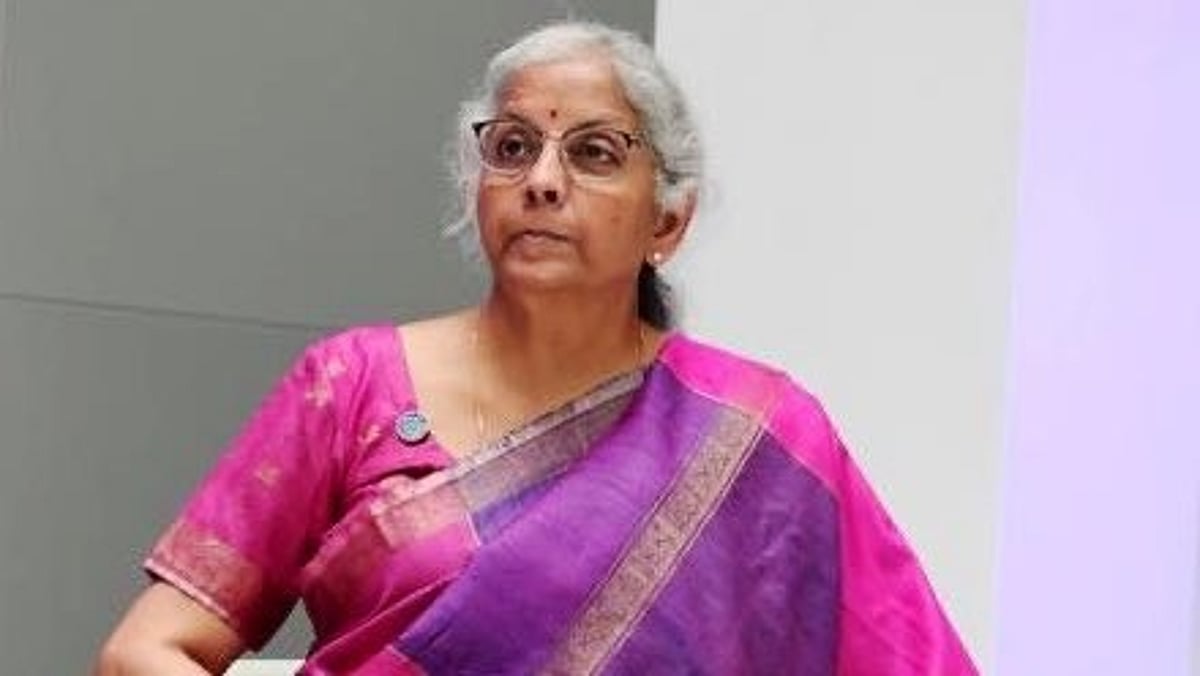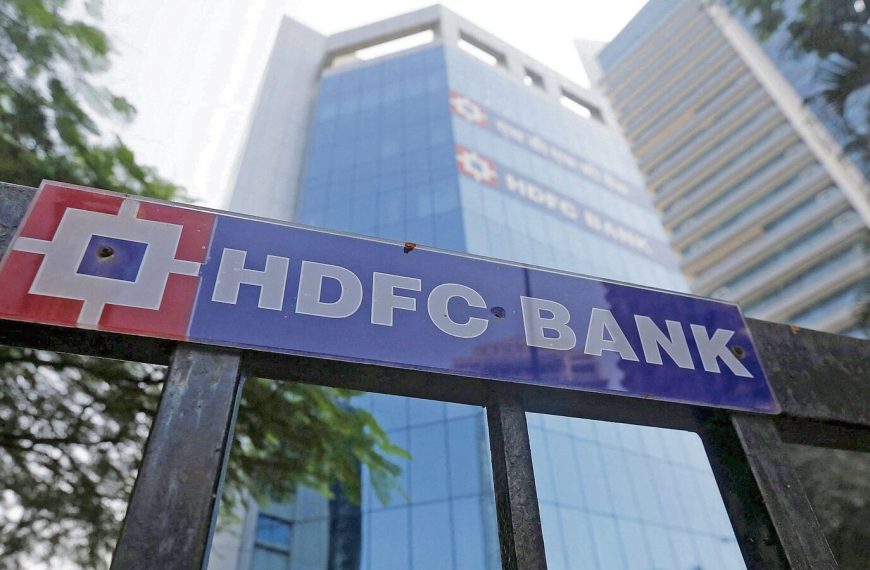India’s Economic Resilience Amid Global Challenges
In a recently held celebration marking 150 years of the Bombay Stock Exchange (BSE), India’s Finance Minister, Nirmala Sitharaman, emphasized the robustness of the country’s economic fundamentals despite the ongoing global tariff conflicts. She pointed out that as the world undergoes significant shifts in trade dynamics, India remains interconnected and, thus, vulnerable to these international challenges. Yet, she confidently highlighted the nation’s ability to withstand these pressures.
Understanding Global Trade Recalibration
Sitharaman acknowledged the current climate of “trade recalibration,” a term reflecting the evolving trade relationships worldwide. She warned that the intensifying tariff wars could threaten global supply chains, raise production expenses, and introduce uncertainties in cross-border investments.
- Key Impacts of Tariff Wars:
- Disruption of supply chains
- Increased production costs
- Uncertainty in investments
Despite these global uncertainties, Sitharaman praised India’s resilience, stating firmly, “In this volatile, uncertain, complex, and ambiguous (VUCA) world, one thing stands firm: the strength of India’s economic fundamentals and macroeconomic prudence.”
India’s Growth Trajectory
Shifting focus to the impressive growth of the Indian economy, Sitharaman highlighted that India has climbed from being the 10th largest economy in 2014 to the 5th largest today. The nation is on a promising path toward potentially securing the third position in the global economic rankings.
Retail Investor Participation on the Rise
The Finance Minister also celebrated the significant rise in retail investor participation, noting that in FY25, a remarkable 4.1 crore demat accounts were opened, bringing the total to an impressive 19.2 crore.
- Demographics of Investors:
- Median age of 32 years
- Over 40% of investors under 30 years
- One in four investors is a woman
She attributed much of this growth to the mutual fund industry, which has played a vital role in enhancing financial inclusion. Sitharaman revealed that assets under management (AUM) in this sector have tripled over five years to reach Rs. 65 lakh crore, with unique investors growing from 2 crore to 5.4 crore.
- Key Highlights:
- Majority of assets are in equity-orientated schemes
- Strengthens grassroots participation in the financial system
India’s economic landscape continues to evolve, demonstrating resilience and growth potential amid global challenges. As the nation progresses, the increasing involvement of retail investors signals a promising future for the Indian economy.











